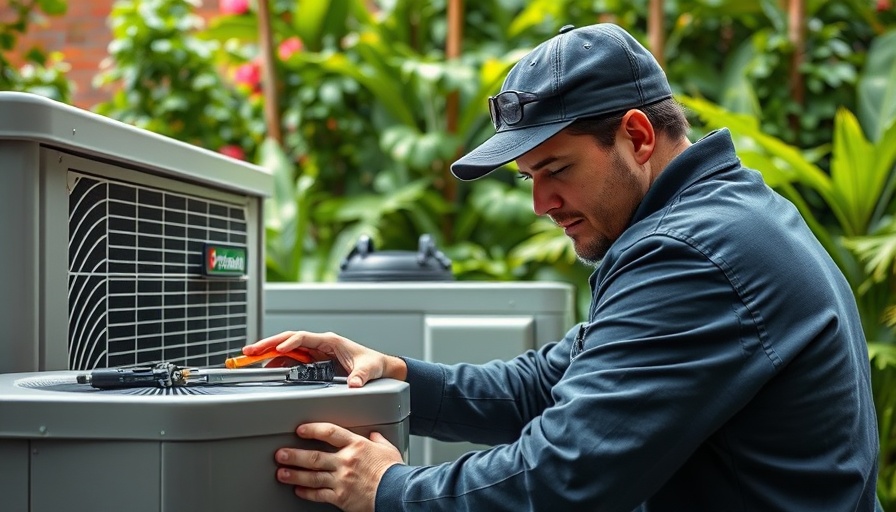
Addressing the HVACR Labor Shortage: A Call to Action
The HVACR industry is at a crossroads as it grapples with a burgeoning labor shortage. As seasoned technicians retire and demand for heating, ventilation, air conditioning, and refrigeration services continues to surge, the urgency to cultivate new talent has never been more pronounced. Homeowners in Houston and beyond are increasingly reliant on skilled professionals to ensure optimal climate control and sustainable energy solutions in their residences. This makes the focus on training and recruitment absolutely critical.
Investing in Future Generations of Technicians
Companies like Carrier are leading the way in initiatives aimed at bridging the skills gap in the HVACR sector. Their advanced training centers, including those in dynamic cities like Indianapolis, provide aspiring technicians with hands-on experience using the latest technologies. This immersive approach equips them to tackle modern HVACR challenges effectively, ultimately benefiting homeowners who seek reliable service providers.
Keeping Technicians Ahead of Industry Innovations
As technology continuously evolves, so too must the technicians who service and maintain these sophisticated systems. Carrier’s upskilling programs are specifically designed to keep professionals informed about the latest advancements, ranging from smart diagnostics to energy-efficient solutions. This commitment not only fosters individual career growth but also directly improves service quality for customers.
Creating Pathways to Employment: The TechUp Initiative
Recognizing the importance of direct pathways to employment, Carrier launched the TechUp initiative. This program connects up-and-coming HVACR professionals with local dealerships seeking to fill positions. As a result, it not only addresses the demand for skilled labor but also provides aspiring technicians with invaluable opportunities to launch their careers within the community.
Collaboration: A Vital Component in Addressing Workforce Development
The challenge of workforce readiness is not one that Carrier faces alone. Collaboration with educational institutions and industry associations is key in building a robust pipeline of trained professionals. Initiatives supported by organizations like ACCA further enrich the training landscape by providing certification opportunities and continuing education courses, essential for elevating both the skill set of technicians and the industry as a whole.
Conclusion: Invest in the Future of HVACR
As the demand for HVACR services continues to rise, it’s crucial that homeowners, building managers, and industry stakeholders pay attention to workforce development. Embracing and supporting training initiatives not only helps solve the current labor crisis but also guarantees a reliable network of professionals ready to meet future challenges. By valuing the training and growth of HVACR technicians, you contribute to a sustainable and well-serviced future for your home and community.
 Add Row
Add Row  Add
Add 




Write A Comment